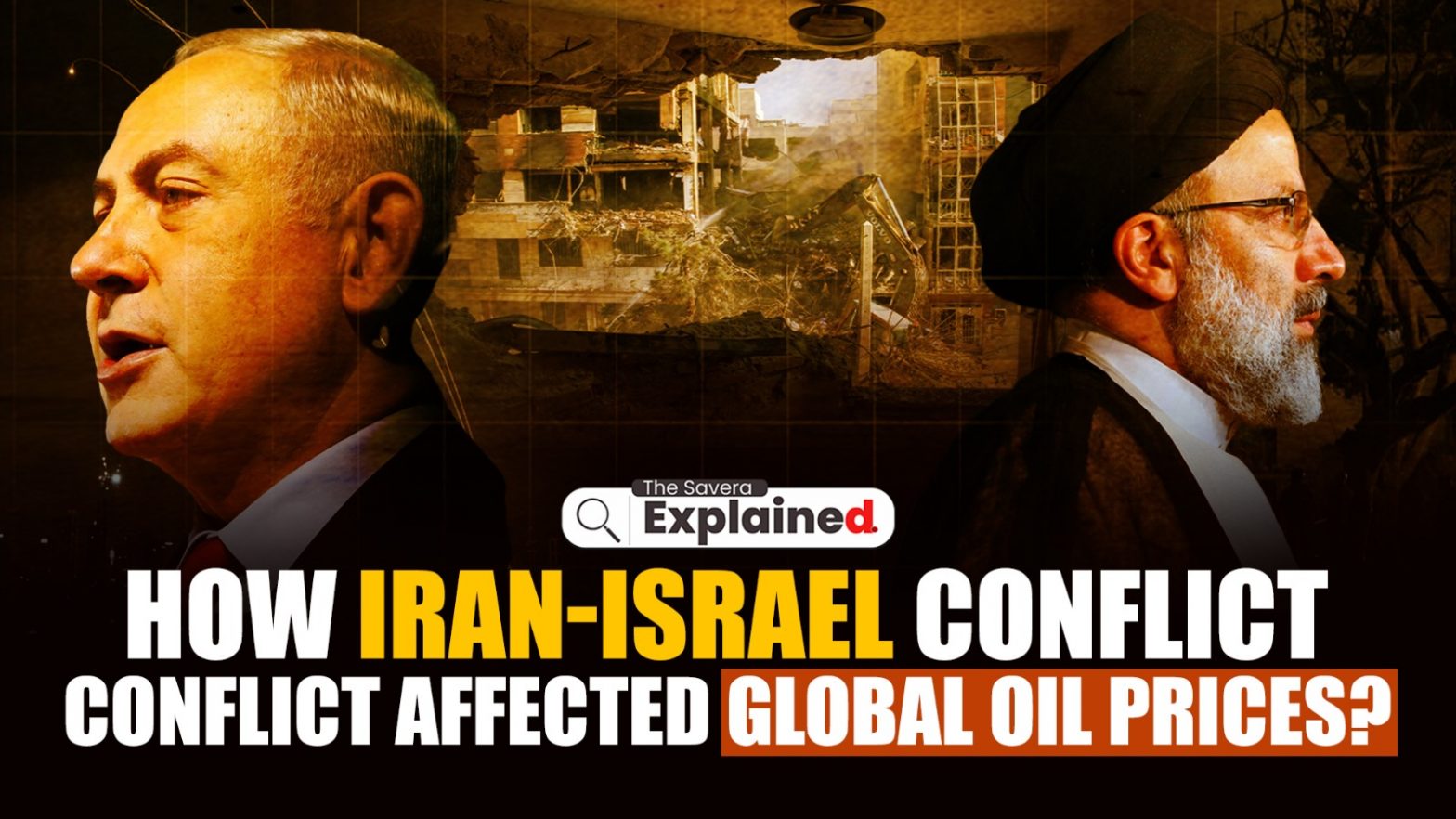
The long-standing hostility between Israel and Iran has escalated into open military confrontations in 2025, with both nations now directly targeting each other’s military infrastructure. For decades, tensions simmered due to Iran’s support for anti-Israel militant groups like Hezbollah, Hamas, and Islamic Jihad, and Israel’s consistent opposition to Iran’s nuclear ambitions.
The conflict intensified dramatically after Iran launched a large-scale missile and drone barrage on Israeli territory earlier this year — a move Tehran described as retaliation for previous Israeli covert operations, including the assassination of Iranian generals and strikes on Iranian assets in Syria.
In response, Israel has dramatically shifted from covert operations to direct, large-scale airstrikes deep within Iranian territory, signalling an unprecedented phase in the Iran-Israel shadow war.
The Latest Israeli Airstrikes: Top Iranian Intelligence Chiefs Killed
On June 13, 2025, the Israel Defense Forces (IDF) confirmed that its fighter jets conducted a precision airstrike in Tehran, Iran’s capital. The strike reportedly killed several high-ranking Iranian intelligence officials, marking one of Israel’s most significant targeted operations to date.
Among those killed were:
The IDF claimed that the attack was based on “precise intelligence” and that all targets were involved in orchestrating terrorist operations against Israel and regional allies.
The strike followed the earlier assassination of Gholamreza Mehrabi, head of the Intelligence Directorate of Iran’s Armed Forces General Staff, in a separate Israeli operation just days earlier.
Israel Claims Aerial Superiority Over Iran
In a dramatic announcement following the June 13 strikes, IDF spokesperson Brig. Gen. Effie Defrin stated that Israel had achieved full aerial superiority over Tehran.
According to the IDF:
Impact on Global Oil Prices
However, this direct military confrontation between Israel and Iran has had immediate and severe repercussions on global oil markets. Iran is the seventh-largest oil producer in the world and a key member of OPEC+.
This ongoing conflict between Israel and Iran will lead to:
The conflict is affecting the world’s economy—especially oil prices—which are rising due to fears of supply issues. As the situation worsens, countries are watching closely, worried about how it could impact global security, trade, and diplomatic ties.
